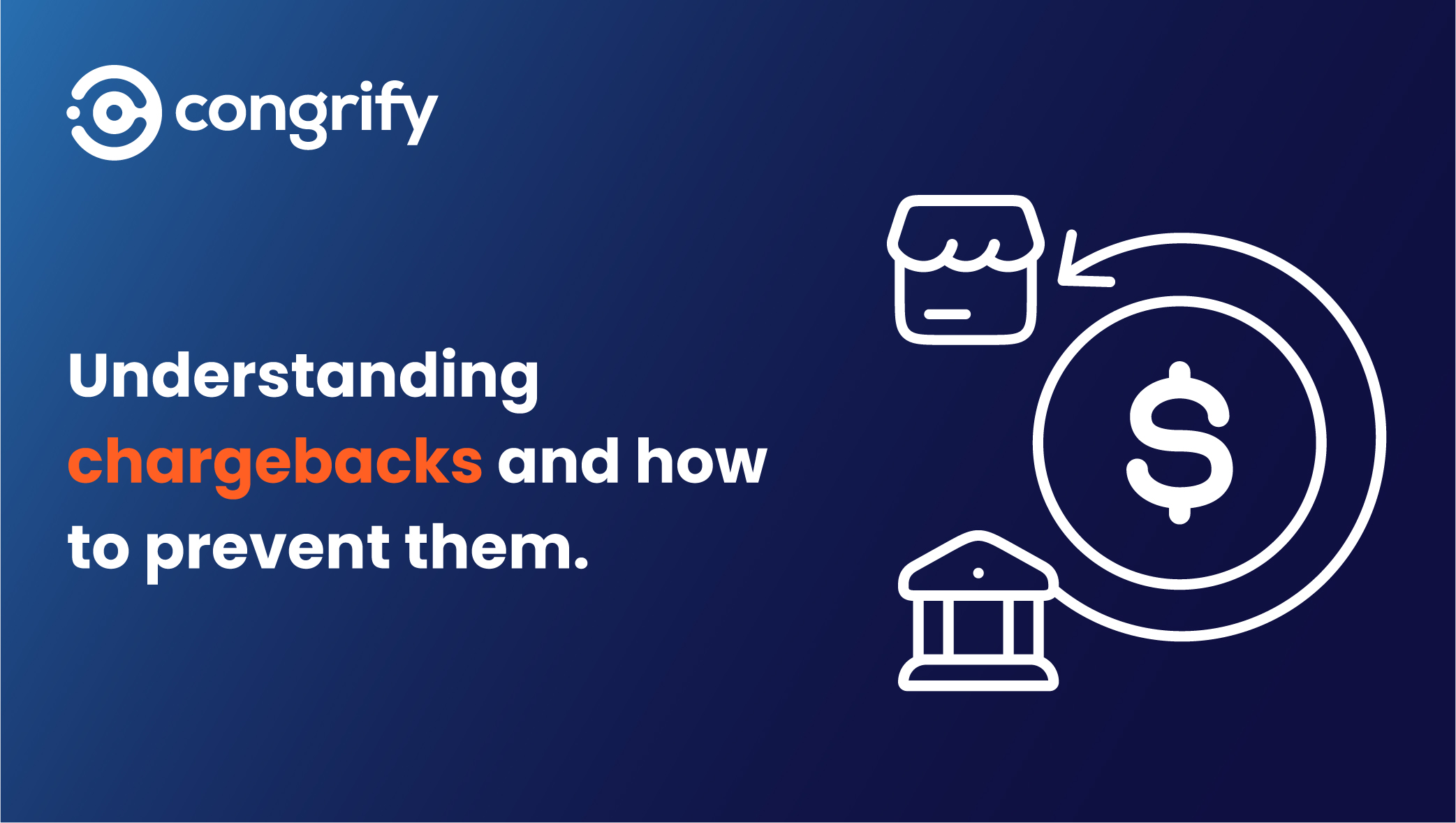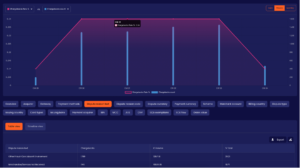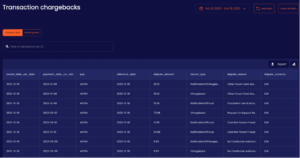Understanding chargebacks and how to prevent them.

Understanding chargebacks and how to prevent them. In this blog post we describe the main aspects of managing chargebacks data and the best practices that businesses should follow to have full control of the relavant data that are fundamental for those operational processes.
By Marco Conte
In the dynamic landscape of online transactions, payment disputes and chargebacks have become an unavoidable part of doing business. As e-commerce continues to thrive, so does the need for effective tools and strategies to manage these disputes efficiently. This is where the concept of centralized chargeback data steps in, improving the way companies handle payments data and dispute resolution. In this article, we delve into the benefits of centralized chargeback data and how it can significantly improve chargeback management while minimizing dispute costs for businesses.
What’s the challenge with payment disputes?
Payment disputes, often manifested in the form of chargebacks, occur when customers initiate a refund request process through their issuing bank instead of after seeking a resolution from the merchant, usually by contacting their customer service. While some disputes are legitimate due to issues like fraud or merchant error, many disputes are the result of communication breakdowns or misunderstandings between customers and merchants.
The process of resolving chargebacks is not only time-consuming but also costly for businesses. Merchants not only lose revenue and depending on the business type the loss of goods, due to the disputed amount but also face additional chargeback fees imposed by their acquirers for transactions where they already paid some fees. Moreover, disputes can strain merchant-customer relationships and lead to potential brand damage.
When chargeback rates start to be considerably high those can lead as well to chargeback monitoring programs managed by the card schemes with the risk of acquirers deciding to close merchant accounts or incur additional scheme-driven penalties and fees. To know more about those programs you can look at the Visa Dispute Management guidelines or the Mastercard Excessive Chargeback Program material for merchants.
How a centralized chargeback data approach can help?
Centralized chargeback data refers to the practice of aggregating and analyzing chargeback information from various sources into a single, comprehensive system. This system allows merchants to track, analyze, and manage dispute data more effectively. Here’s how centralized chargeback data can transform dispute resolution and minimize associated costs:
- Enhanced Data Insights: Centralized chargeback data provides businesses with a bird’s-eye view of their payment dispute landscape. By consolidating data from different payment service providers and acquirers, merchants gain a deeper understanding of the root causes of disputes having the possibility to differentiate patterns based on dispute reason codes, payment methods, countries, issuers and more. Those insights enable businesses to address recurring issues, implement preventive measures, and fine-tune their processes to reduce future disputes.
- Data-Driven Decision Making: Data analytics is the heart of centralized chargeback data. With the power of data analysis, merchants can identify trends, patterns, and correlations in payment disputes. By examining these insights and setting up automated alerts, businesses can make informed decisions about product offerings, customer service improvements, and fraud detection strategies.
- Efficient Resource Allocation: Resource management is a crucial aspect of dispute resolution. Centralized chargeback data helps merchants allocate resources efficiently by identifying high-risk products, customer segments, transaction types or some unexpected events. This allows companies to focus their efforts on areas with the most significant impact on reducing disputes and related costs.
- Proactive Dispute Management: Instead of reacting to chargebacks after they occur, centralized data empowers businesses to take a proactive approach. Real-time monitoring of dispute trends enables early detection of potential issues, allowing merchants to intervene and prevent disputes before they escalate, improving their customer service processes and when disputes happen giving more information to decide if it makes sense or not to start a disputing process.
- Data availability to fight friendly fraud: Often friendly fraud (take a look here if you want to know how payment service providers define it) and the associated disputes and chargebacks can truly harm a merchant’s business. That’s why saving customer transaction histories across multiple providers and payment methods can help in processes to show the genuine history of a customer, for example looking at newly introduced card scheme programs such as Visa Compelling Evidence 3.0 or the Mastercard’s freshly announced new First-Party Trust program.
- Advanced Reporting capabilities: Every business is unique, and so are its payment dispute challenges. Centralized chargeback data systems can generate customized reports and dashboards that cater to specific business needs, as the ones that we build at Congrify. These reports provide actionable insights that allow business users to quickly access information when needed. As well are very important for payment service providers to monitor the traffic and the different dispute performances across their merchants.
How can Congrify help?
With our no-code modular solution, we can support merchants, payment facilitators and payment service providers in having easy access to all their dispute and chargeback data being ingested in near-real time across multiple data sources.
Users can log into our application to access dedicated dashboards and insights related to their dispute and chargeback data.

Additionally, they can access the raw data in a dedicated chargebacks event search and with Congrify’s data pipeline integrations users can directly access all their disputes and chargebacks raw data in their data warehouse solutions, such as Snowflake for deeper data analysis and integrations with in-house Business Intelligence tools.

Our conclusions
In an era where data rules, harnessing the power of centralized chargeback data can be a game-changer for businesses seeking to minimize dispute costs and maximize profits. It can be extremely beneficial as well for payment service providers in giving more transparency to their merchants and improving their in-house monitoring processes to avoid excessive chargeback rates. By leveraging comprehensive insights and proactive strategies, merchants can not only reduce the frequency of payment disputes but also improve customer relationships and overall operational efficiency. As the e-commerce landscape continues to evolve, companies that invest in centralized chargeback data solutions will undoubtedly gain a competitive edge in the battle against dispute-related expenses.
Engage today with us if you want to chat about your current payment observability and data intelligence strategies.